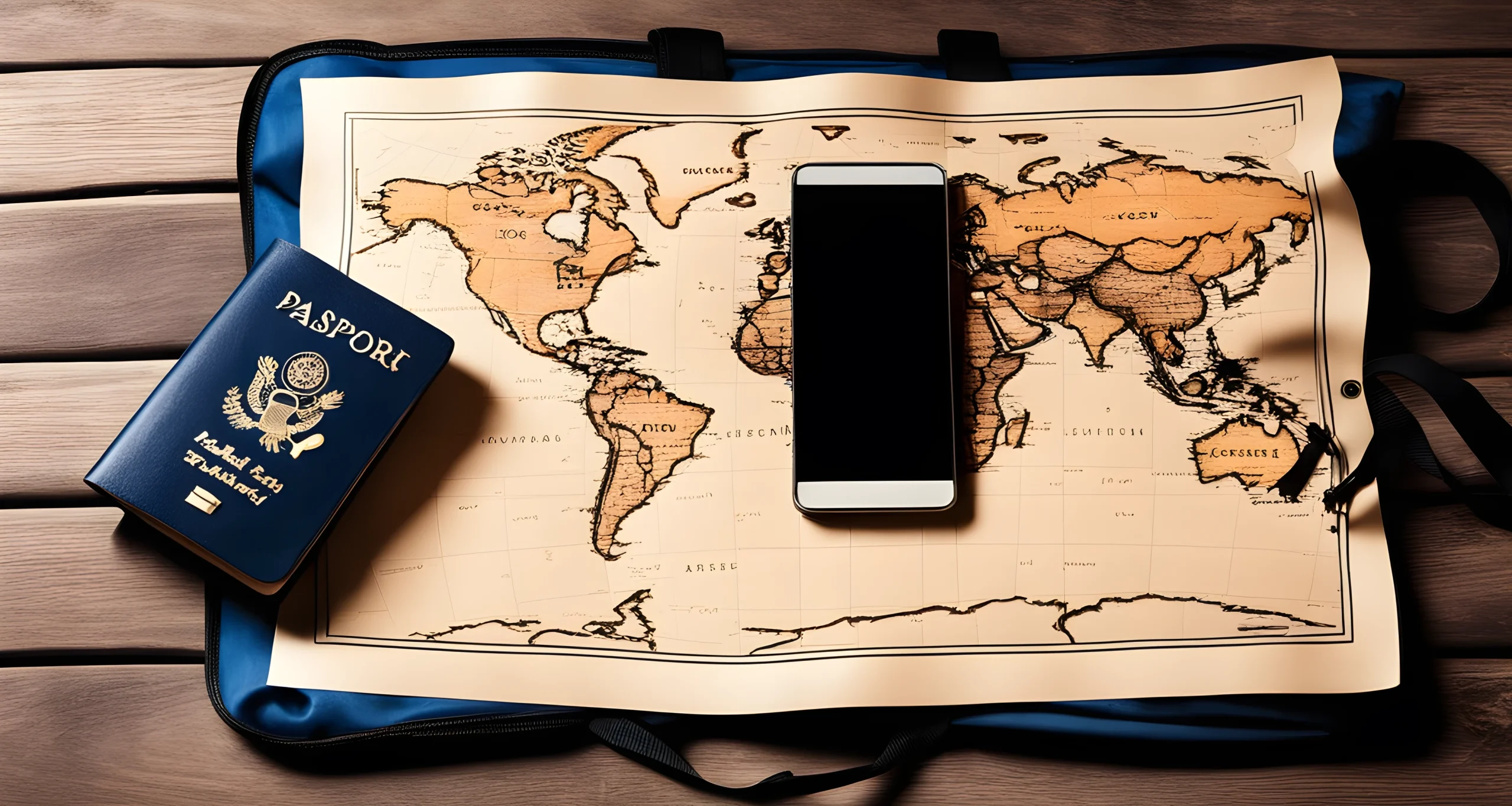Introduction
Traveling on a budget doesn’t mean sacrificing the quality of your adventure. With careful planning and strategic decision-making, you can explore the world without breaking the bank. In this article, we’ll explore detailed budget travel hacks and tips to help you travel cheaply and efficiently.
Budget-Friendly Solo Tips
If you’re planning a solo adventure, check out our article on Budget-Friendly Solo Tips for additional money-saving strategies specifically tailored for solo travelers.
From creating a detailed travel budget spreadsheet to refining your budget with expense categories, we’ll cover everything you need to know about budget travel. Whether you’re looking to minimize transportation costs or find affordable accommodation options, these tips will help you make the most of your resources. So, let’s dive in and learn how to make your next adventure an affordable and unforgettable experience.
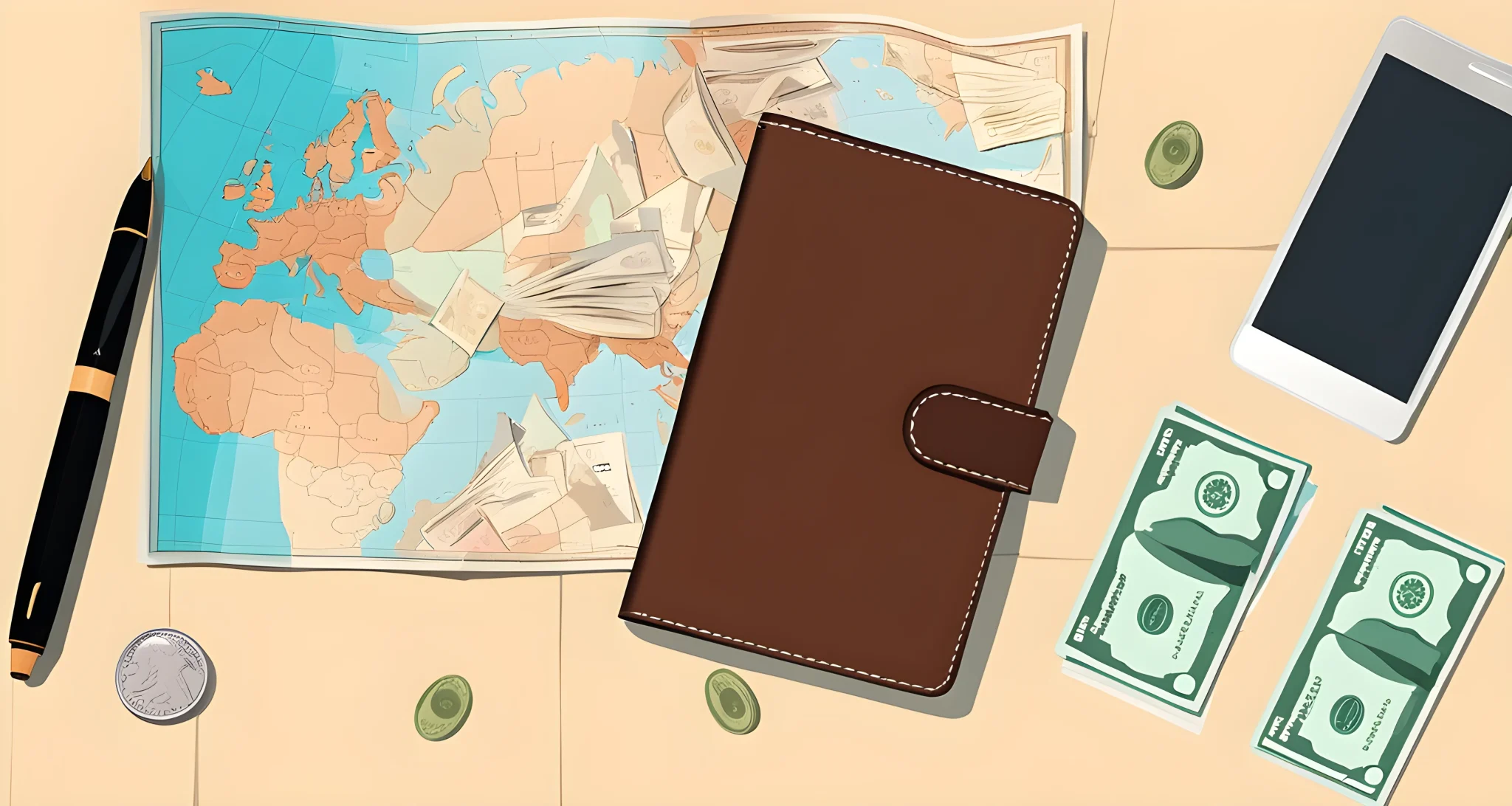
Factors to Consider When Planning a Budget Trip
When planning a budget trip, there are several important factors to consider in order to make the most of your travel funds. Here are some key considerations to keep in mind:
Tracking Flight Prices
- Use flight-tracking websites or sign up for fare sale emails from airlines to keep an eye on flight prices and snag deals. You can find flights to Europe for under $1,000 by staying alert for special offers and sales.
Minimizing Transportation Expenses
- By keeping an eye on flight prices and snagging deals, you can minimize unnecessary expenses on transportation. This will help you stay within your budget and have more funds available for other aspects of your trip.
Adding Travel Insurance
- Consider adding travel insurance to protect your investment in case of unforeseen issues. This can provide peace of mind and financial protection in case of trip cancellations, medical emergencies, or other unexpected events.
By paying attention to these factors, you can effectively plan a budget trip that allows you to make the most of your travel funds and enjoy affordable adventures.
For more budget travel tips, check out our article on Free lodging tips for ways to save money on accommodations during your travels.

Creating a Detailed Travel Budget Spreadsheet
When planning a budget trip, it’s essential to create a detailed travel budget spreadsheet to help you keep track of your expenses and stay within your financial limits. Here are some tips for creating an effective budget spreadsheet:
Start with Fixed Expenses
- Begin by listing all of your fixed expenses, such as transportation costs, accommodation fees, and travel insurance. This will give you a clear understanding of the essential costs that you’ll need to cover during your trip.
Break Down Variable Expenses
- Next, break down your variable expenses into specific categories, such as food, entertainment, and sightseeing. This will help you allocate a realistic amount for each category and avoid overspending.
Consider Local Prices
- When estimating your expenses, it’s important to consider local prices at your destination. Use resources like Economical travel hacks to research the cost of living in the area and adjust your budget accordingly.
Cooking Meals Instead of Eating Out
- Cooking meals instead of eating out is a significant way to save money. Choose a few select meals to eat out and opt for local restaurants, which are often cheaper than larger chains. When eating out, consider ordering takeout or finding a bakery or grocery store for breakfast and lunch. This can help you avoid expensive restaurants and save money on food.
Keep Track of Currency Exchange Rates
- If you’re traveling to a foreign country, be sure to keep track of currency exchange rates when estimating your expenses. Fluctuations in exchange rates can significantly impact your budget, so it’s essential to stay informed.
By creating a detailed travel budget spreadsheet and following these tips, you can effectively plan and manage your expenses while on a budget trip. This will help ensure that you stay within your financial limits and make the most of your affordable adventures.
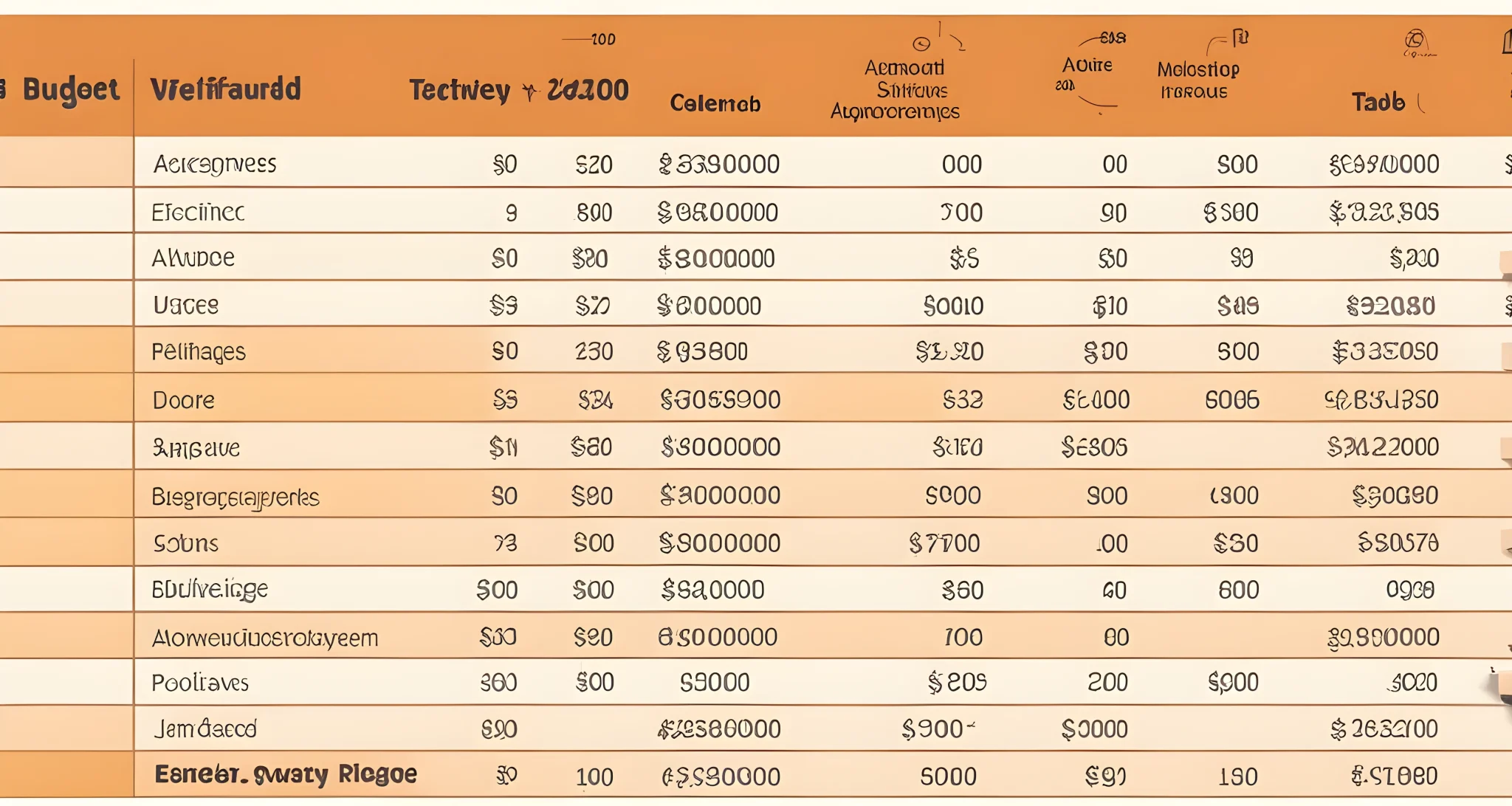
Refining Your Budget with Expense Categories
Once you have created a detailed travel budget spreadsheet, it’s time to refine it by breaking down your expenses into categories. This will help you see exactly where your money is going and identify areas where you can potentially save.
Expense Categories
Here are some common expense categories to consider when refining your budget:
- Transportation: This includes flights, trains, buses, and rental cars. Look for budget-friendly options such as discounted airfare and public transportation passes.
- Accommodation: Research affordable lodging options such as hostels, Airbnb, or budget hotels. Consider staying in less touristy areas to save on accommodation costs.
- Food and Dining: Plan your meals and look for local markets and street food vendors to save on dining expenses. Consider cooking some of your own meals if your accommodation allows it.
- Entertainment: Avoid spending money on expensive entertainment options by exploring free activities in your destination. These can include free walking tours, visiting the beach, hiking, and exploring historic areas. Many cities also offer free museum days or discounted passes for public transportation and attractions.
By categorizing your expenses, you can easily identify areas where you may be able to cut costs and allocate more funds to other aspects of your trip. For example, if you find that you are spending a significant amount on dining out, you may decide to allocate more funds to transportation or accommodation.
Remember to periodically review your budget and actual expenses during your trip to ensure that you are staying on track. Making adjustments as needed can help prevent overspending and ensure that you can make the most of your budget.
For more tips on budget travel essentials, check out Budget travel essentials for ultimate tips on making the most of your travel budget.
By refining your budget with expense categories, you can effectively manage your finances and make the most of your budget while still enjoying a fulfilling travel experience.
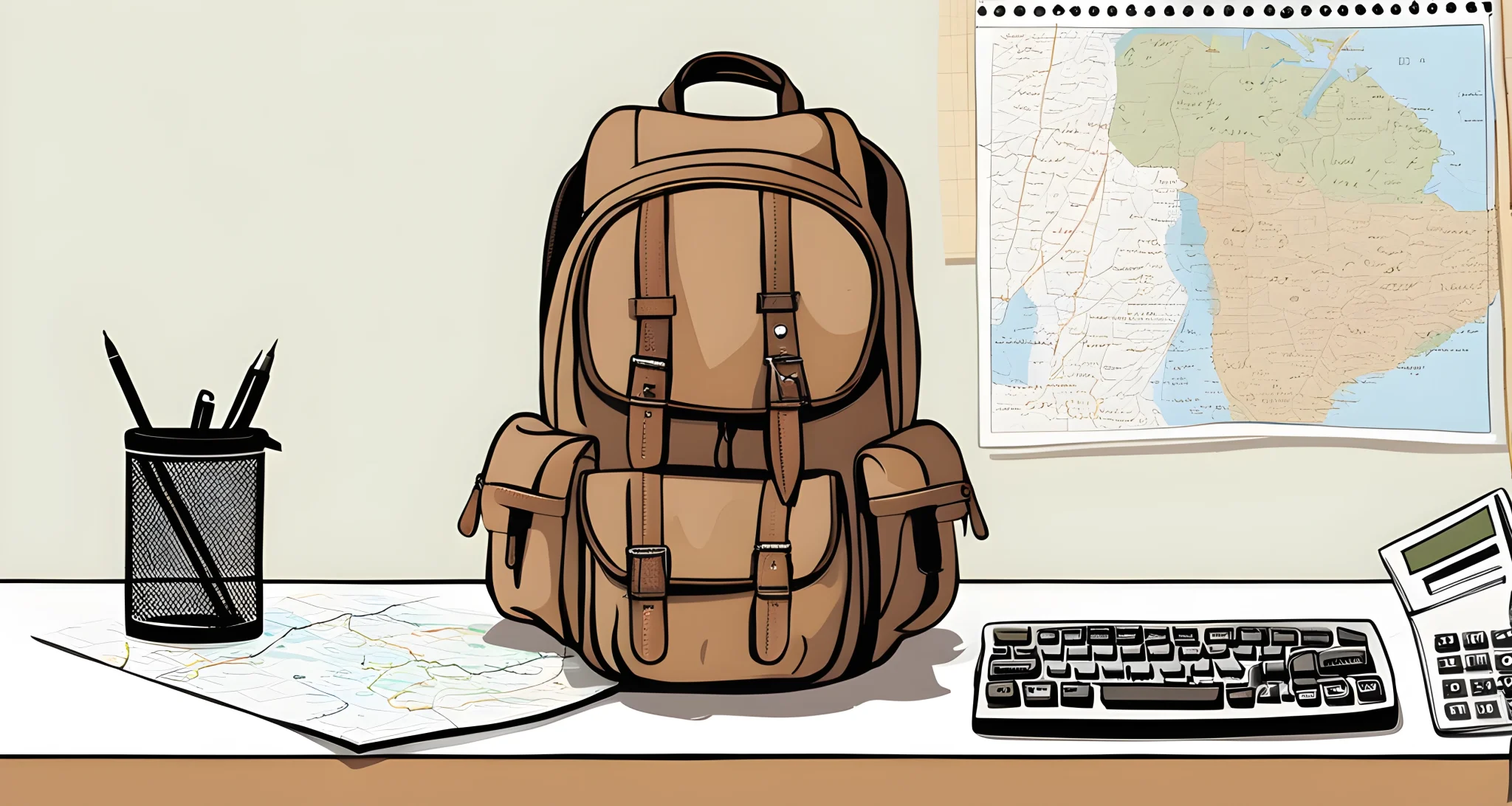
Budgeting by Item or Category
When it comes to budgeting for a trip, breaking down your expenses by item or category can help you stay on track and avoid overspending. Here are some tips for effectively budgeting by item or category:
-
Accommodation: Look for budget-friendly options such as hostels, Airbnb, or even camping if you’re in a nature-friendly destination. Consider Frugal backpacking advice for tips on finding affordable accommodation options.
-
Transportation: Instead of renting a car, use local public transportation options like buses, subways, or trains. These are often cheaper and can provide a more immersive cultural experience. For longer trips, consider taking overnight buses or trains to save on accommodation costs.
-
Food: Budgeting for food is crucial, especially if you’re traveling to expensive destinations. Consider cooking your meals instead of dining out every day. Visit local markets and grocery stores to buy fresh and affordable ingredients.
-
Activities: Research free or low-cost activities at your destination, such as hiking, visiting museums on free admission days, or exploring local parks and landmarks. Keeping a separate budget for activities can help you prioritize what experiences are worth the extra cost.
-
Miscellaneous Expenses: Don’t forget to budget for unforeseen expenses like souvenirs, laundry, and tipping. Having a miscellaneous category in your budget can help cover unexpected costs without derailing your entire travel budget.
By allocating specific amounts to each category and tracking your spending throughout your trip, you can ensure that you’re staying within your budget while still enjoying all the experiences your destination has to offer.
Remember that flexibility is key when budgeting by item or category. If you find that you’ve overspent in one area, look for opportunities to cut costs in another. Being mindful of your spending and making adjustments as needed will help you make the most of your budget while traveling.
Whether you’re backpacking through Europe or exploring Southeast Asia on a shoestring budget, effective budgeting by item or category can make all the difference in having an enjoyable and affordable adventure.
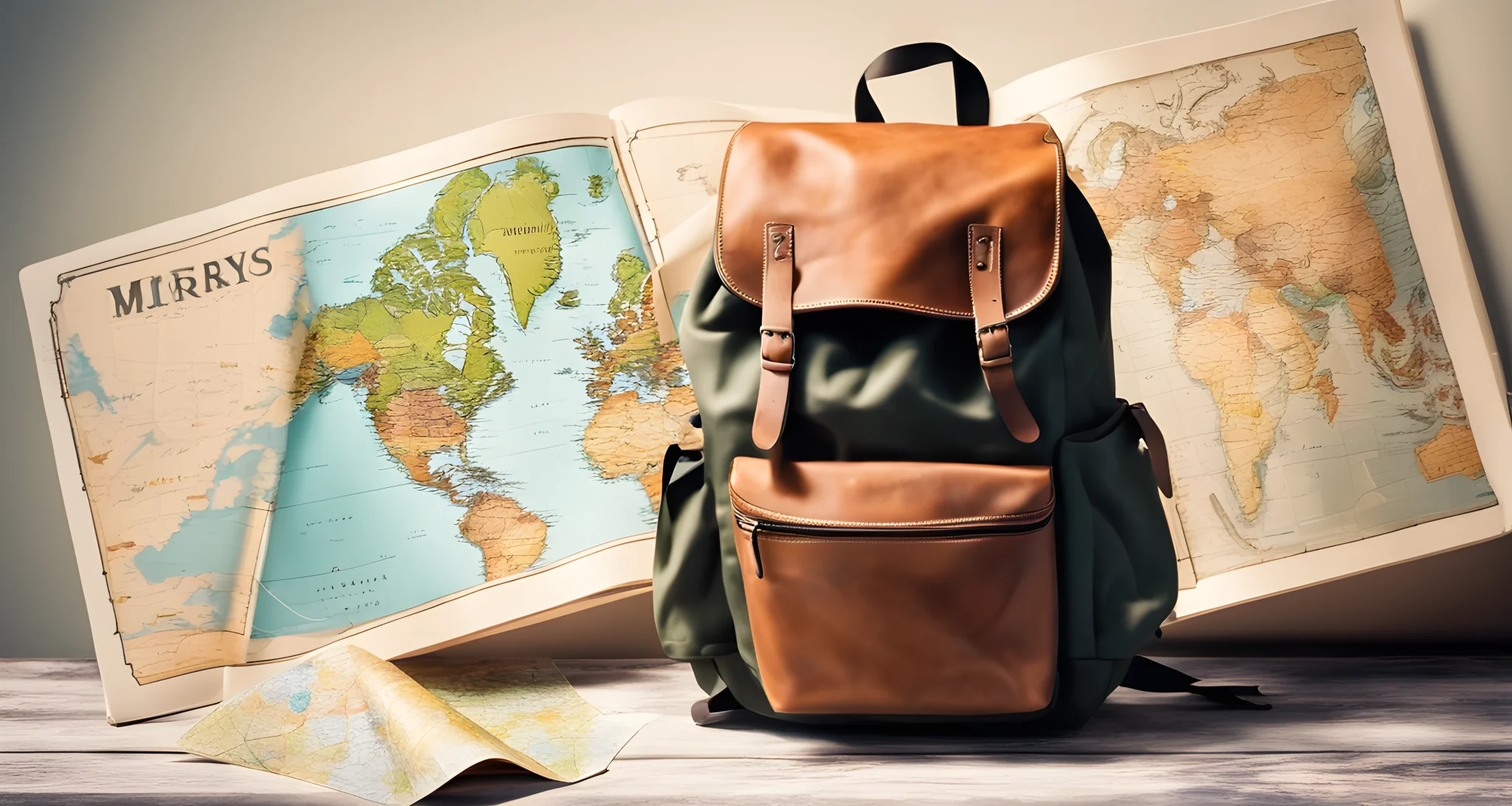
Making Adjustments as Needed
Once you’ve created your detailed travel budget spreadsheet and refined it with expense categories, it’s important to be flexible and make adjustments as needed throughout your trip. Here are some tips for making necessary adjustments to your budget:
Stay Flexible
- Be open to changes: Understand that unexpected expenses or opportunities may arise during your trip, requiring you to adjust your budget on the fly.
- Stay adaptable: Embrace the spontaneity of travel and be willing to change your plans if it means saving money or having a better experience.
Monitor Your Spending
- Keep track of expenses: Regularly update your budget spreadsheet with actual expenses to stay on top of your spending.
- Identify trends: Look for patterns in your spending to see where adjustments can be made.
Look for Savings Opportunities
- Seek out deals: Research discounts, coupons, and special offers for activities, transportation, and accommodations.
- Consider alternatives: If certain expenses are higher than expected, look for cheaper alternatives without sacrificing quality.
Prioritize Experiences
- Focus on what matters most: If you’re running low on funds, prioritize the experiences that are most important to you and cut back on less essential activities.
- Make trade-offs: Sacrifice one activity in favor of another if it means staying within budget.
Be Resourceful
- Tap into local knowledge: Ask locals for budget-friendly recommendations on where to eat, what to see, and how to get around.
- Use travel apps: Take advantage of apps Tips for Budget Traveling that offer real-time information on deals, currency exchange rates, and inexpensive dining options.
Learn from Mistakes
- Reflect on missteps: If you overspend in one area, learn from the experience and adjust future budgets accordingly.
- Don’t dwell on setbacks: Use setbacks as learning opportunities rather than dwelling on them.
Making adjustments as needed is a crucial aspect of successful budget travel. By staying flexible, monitoring spending, seeking savings opportunities, prioritizing experiences, being resourceful, and learning from mistakes, you can ensure that your trip stays within budget while still being enjoyable and fulfilling.
FAQ
How can i save money on flights?
You can save money on flights by tracking prices using flight-tracking websites or signing up for fare sale emails from airlines. additionally, consider adding travel insurance to protect your investment in case of unforeseen issues.
What is a significant way to save money on food while traveling?
Cooking meals instead of eating out is a significant way to save money. choose a few select meals to eat out and opt for local restaurants, which are often cheaper than larger chains. when eating out, consider ordering takeout or finding a bakery or grocery store for breakfast and lunch.
What are some free entertainment and sightseeing options?
Avoid spending money on expensive entertainment options by exploring free activities in your destination. these can include free walking tours, visiting the beach, hiking, and exploring historic areas. many cities also offer free museum days or discounted passes for public transportation and attractions.
How can i save money on transportation while traveling?
Instead of renting a car, use local public transportation options like buses, subways, or trains. these are often cheaper and can provide a more immersive cultural experience. for longer trips, consider taking
